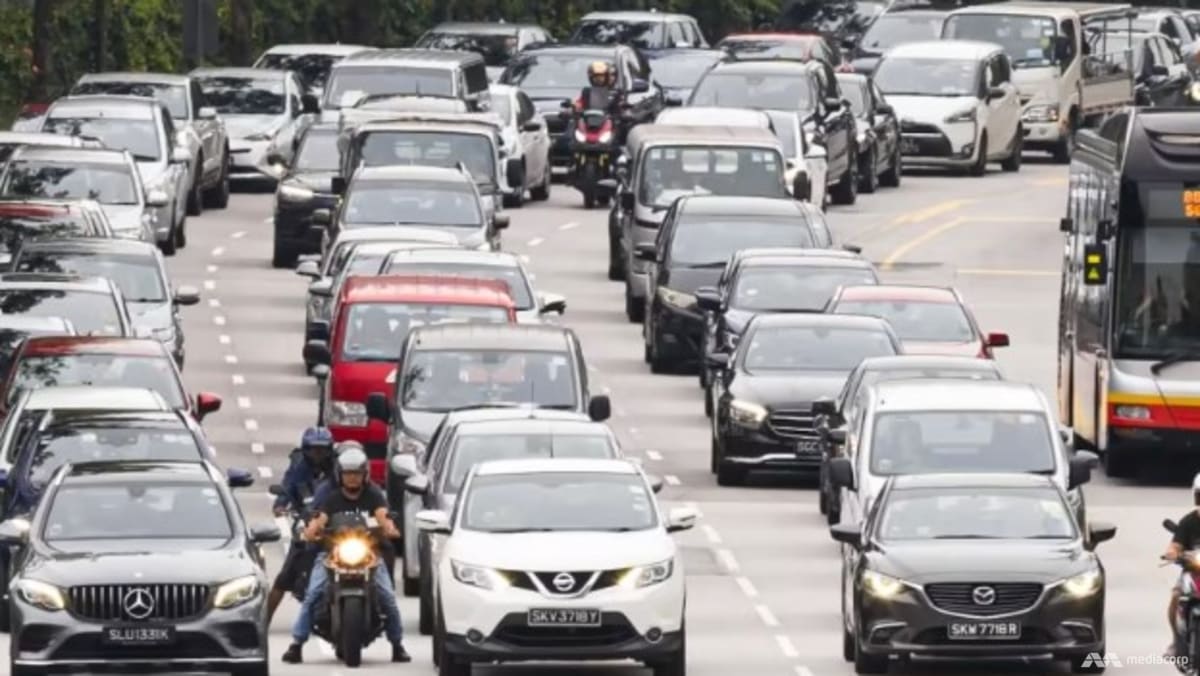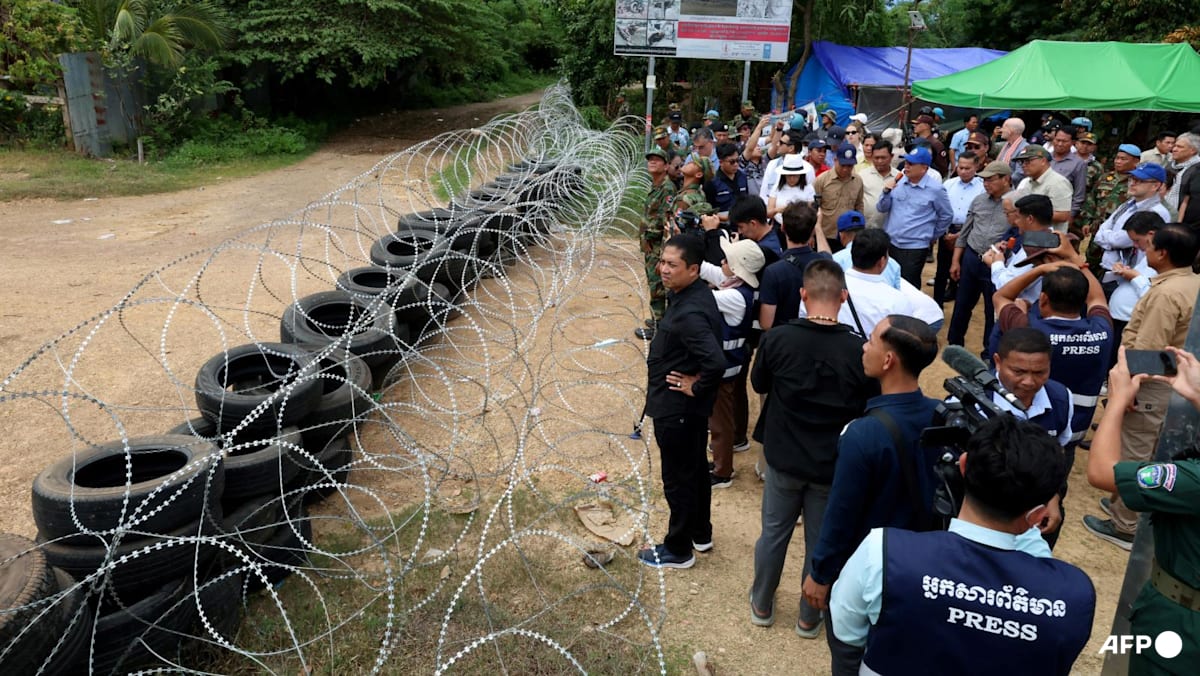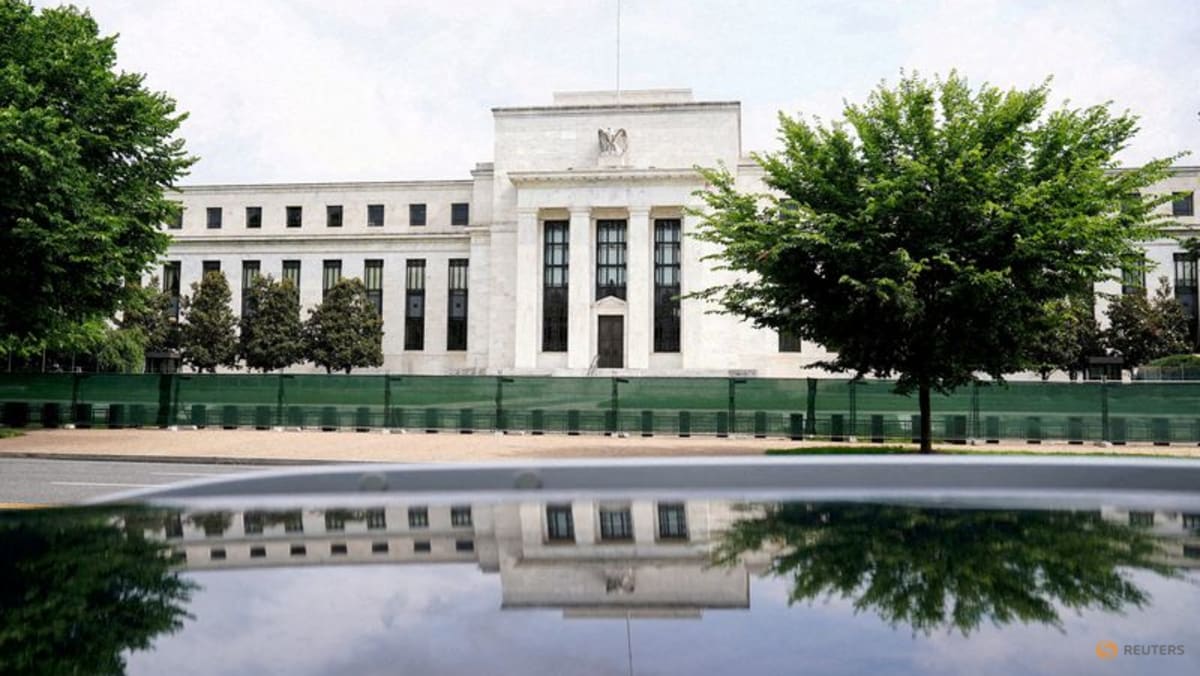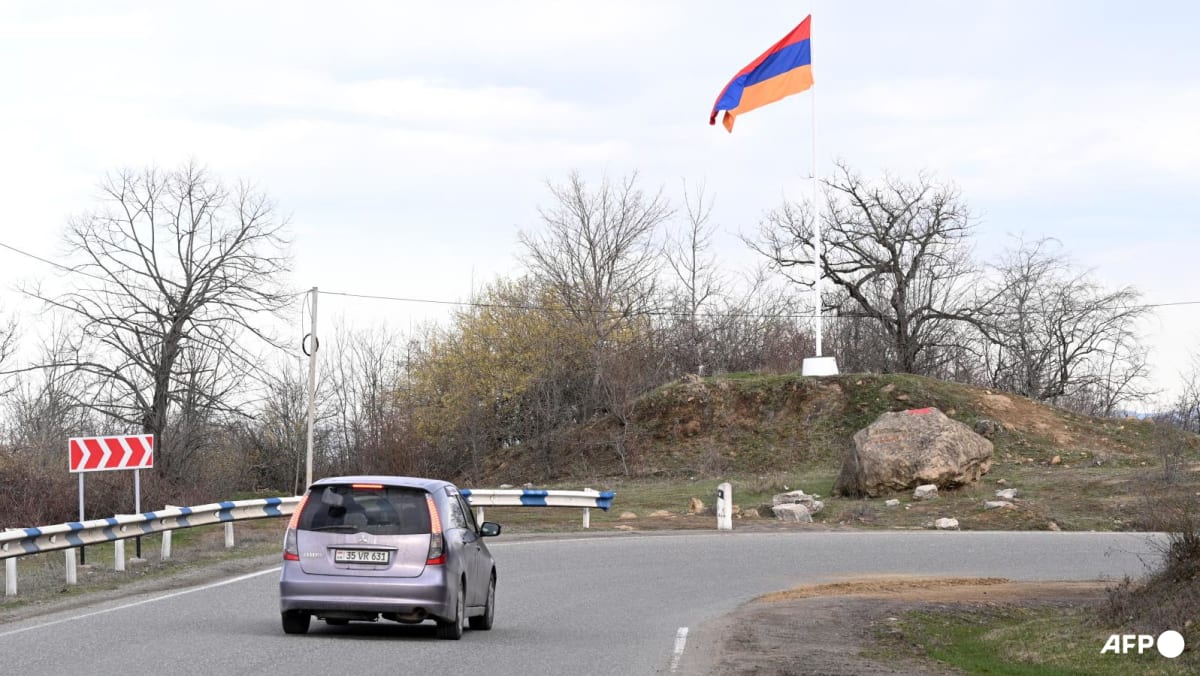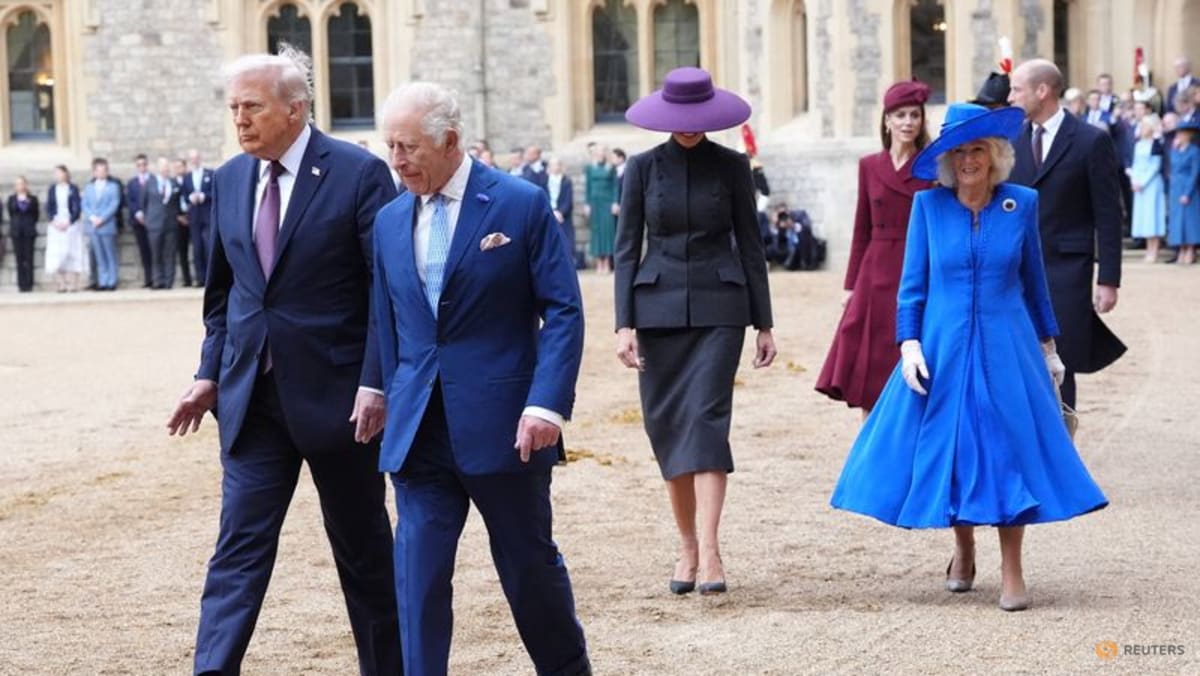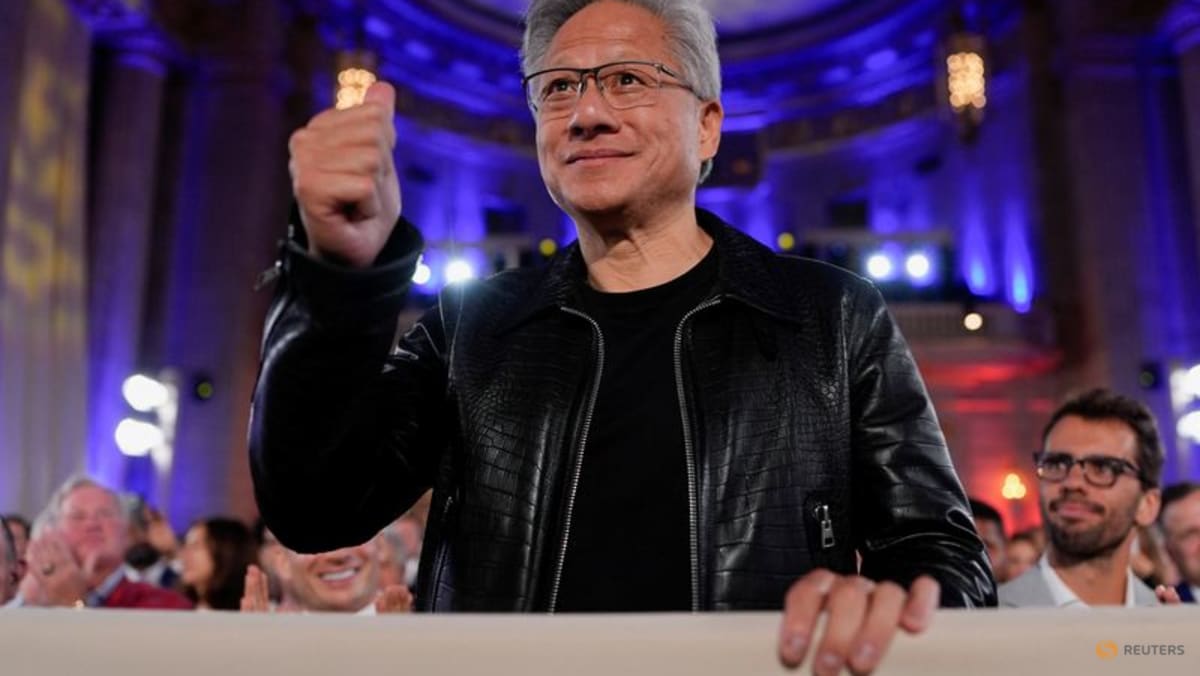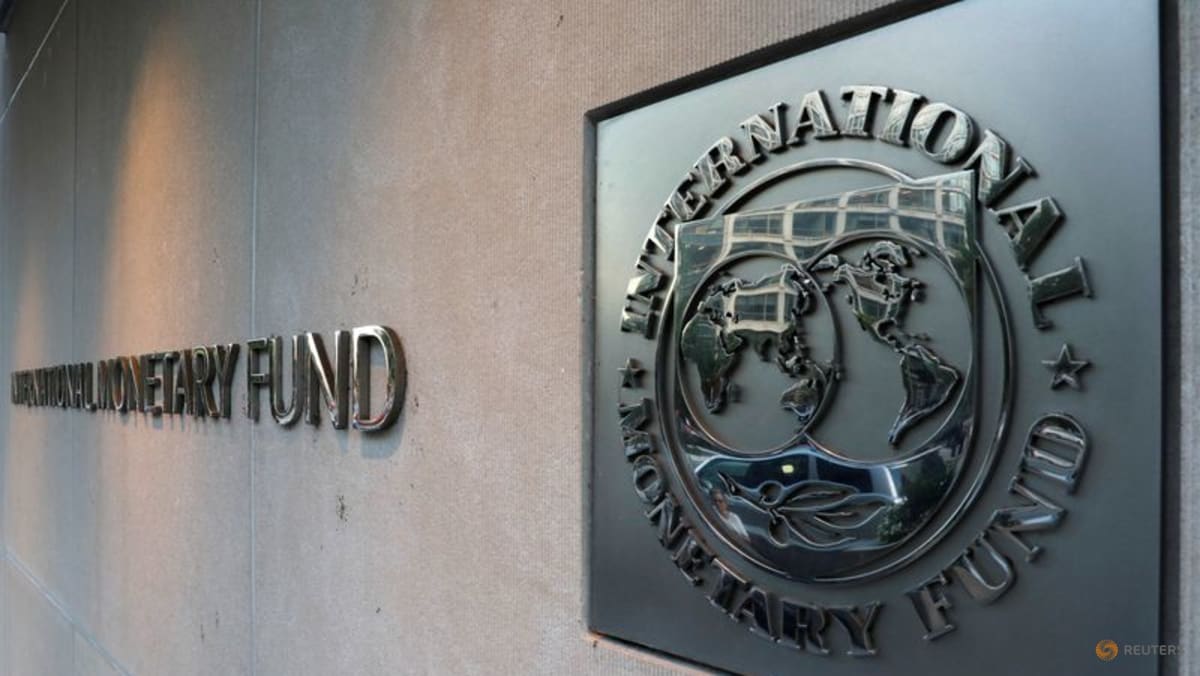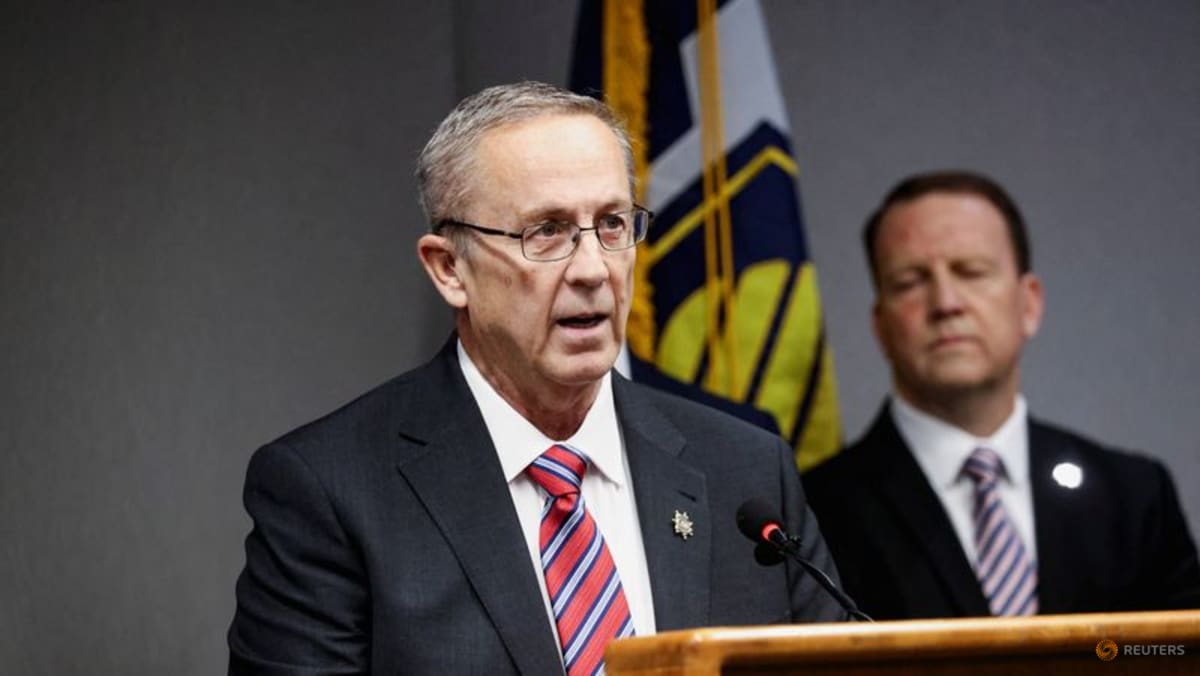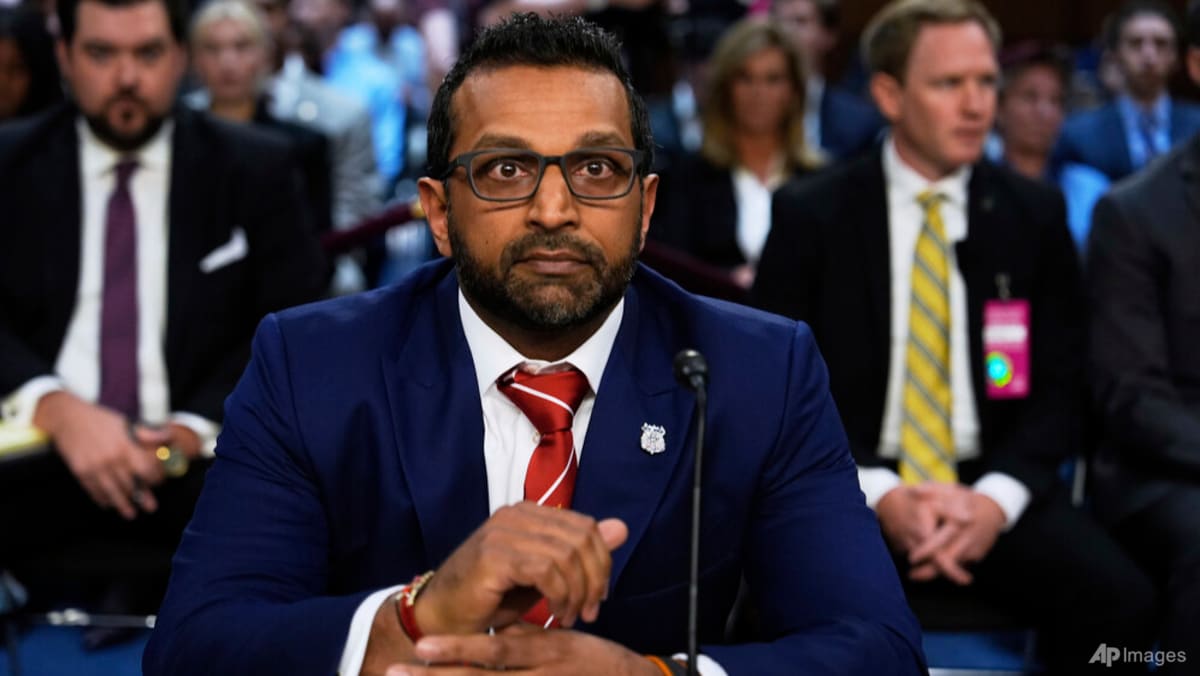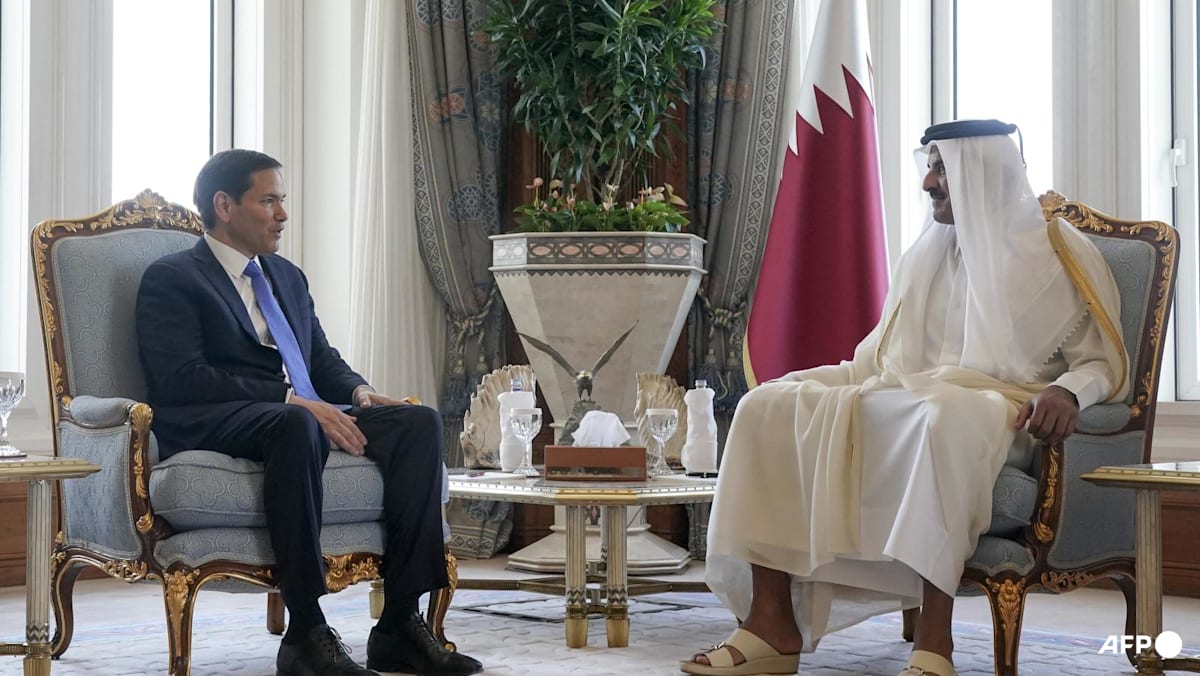WASHINGTON: Azerbaijan and Armenia will sign an initial peace agreement on Friday (Aug 8) to boost economic ties between the two countries after decades of conflict, the White House said, with President Donald Trump set to welcome the leaders of both nations for a signing ceremony at the White House.
White House spokeswoman Anna Kelly told reporters that Trump would sign separate deals with both Armenia and Azerbaijan on energy, technology, economic cooperation, border security, infrastructure and trade. No further details were provided.
Azerbaijani President Ilham Aliyev and Armenian Prime Minister Nikol Pashinyan are due to arrive at the White House for talks and the signing ceremony around 2.30pm, one of the officials said.
The agreement includes exclusive US development rights to a strategic transit corridor through the South Caucasus, dubbed the “Trump Route for International Peace and Prosperity”.
“What’s going to happen here with the Trump route is, this isn’t charity. This is a highly investable entity,” said one senior administration official, adding that at least nine companies had been in touch in recent days to discuss possible investments.
Senior administration officials told reporters the agreement was the first to end one of several frozen conflicts on Russia’s periphery since the end of the Cold War and said it would send a powerful signal to the entire region.
“This isn’t just about Armenia. It’s not just about Azerbaijan. It’s about the entire region, and they know that that region is going to be safer and more prosperous with President Trump,” a senior administration official said.
Armenia and Azerbaijan have been at odds since the late 1980s when Nagorno-Karabakh – an Azerbaijani region that had a mostly ethnic-Armenian population – broke away from Azerbaijan with support from Armenia. Both Armenia and Azerbaijan won independence from the Soviet Union in 1991.
A peace deal could transform the South Caucasus, an energy-producing region neighbouring Russia, Europe, Turkey and Iran that is criss-crossed by oil and gas pipelines but riven by closed borders and longstanding ethnic conflicts.
